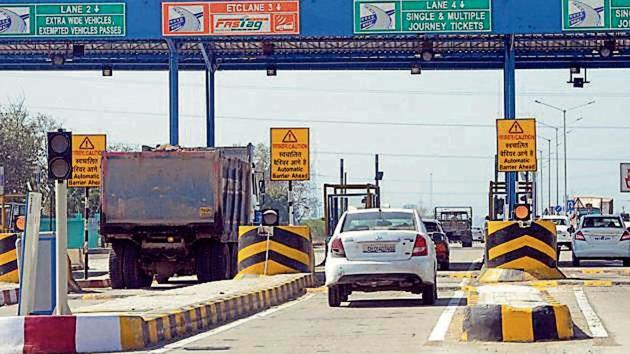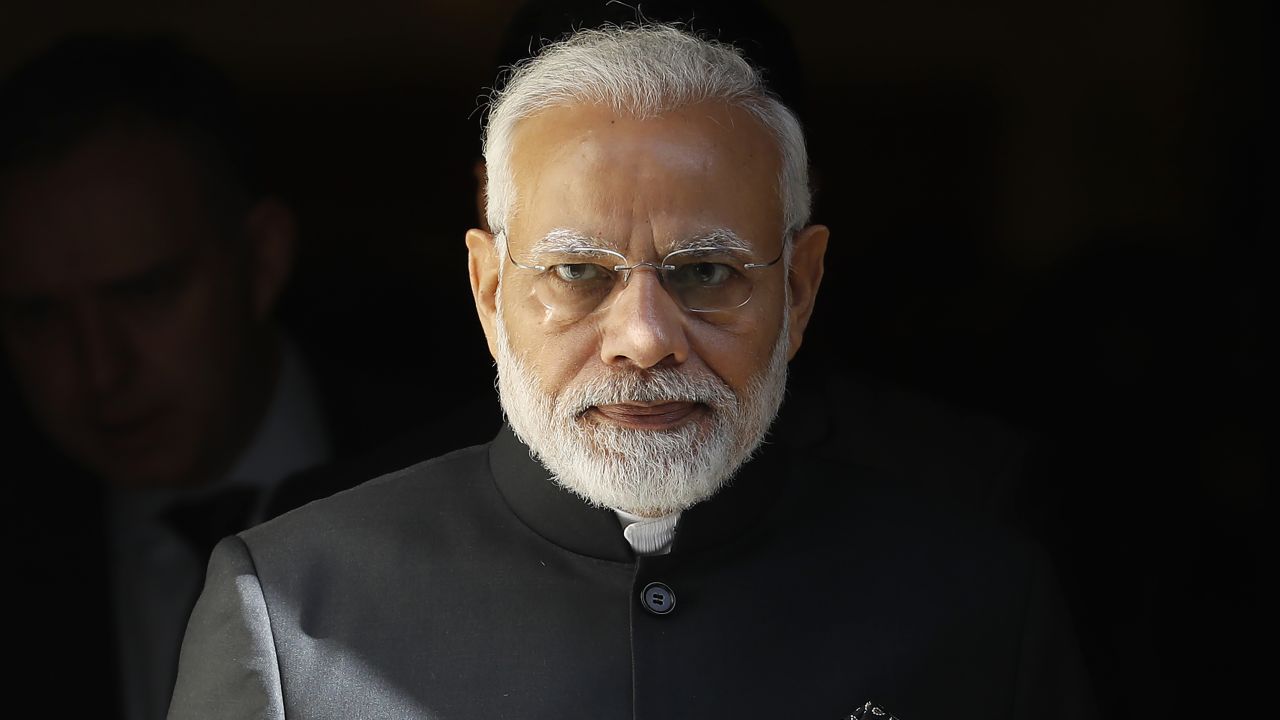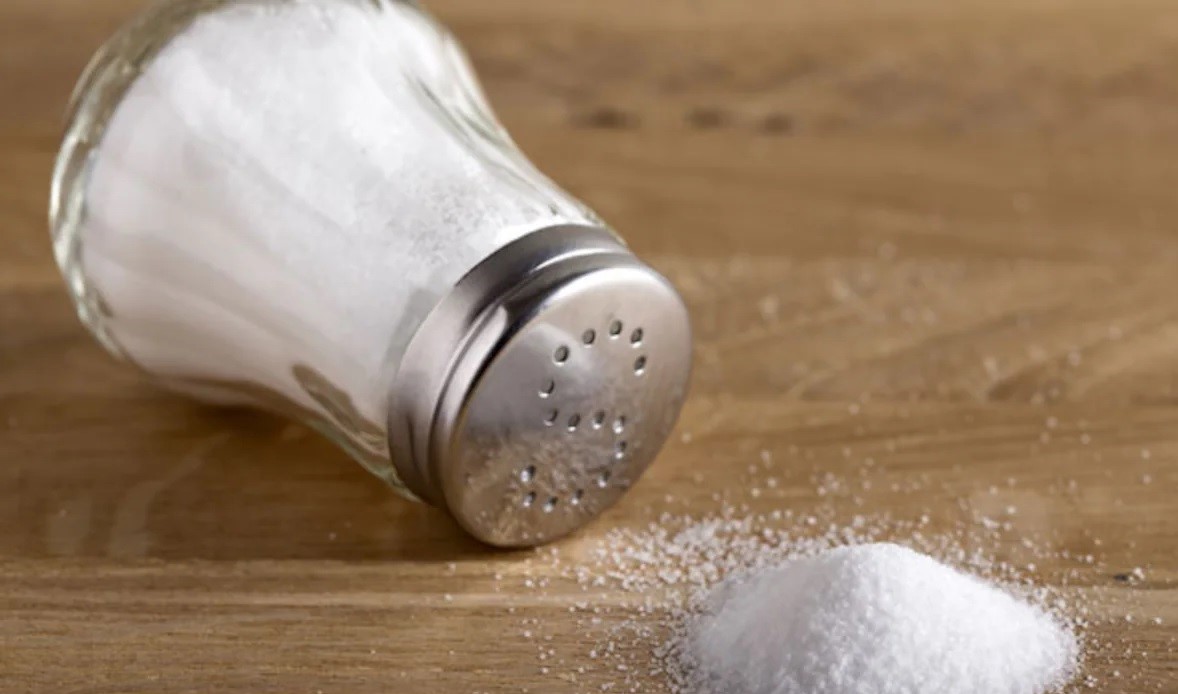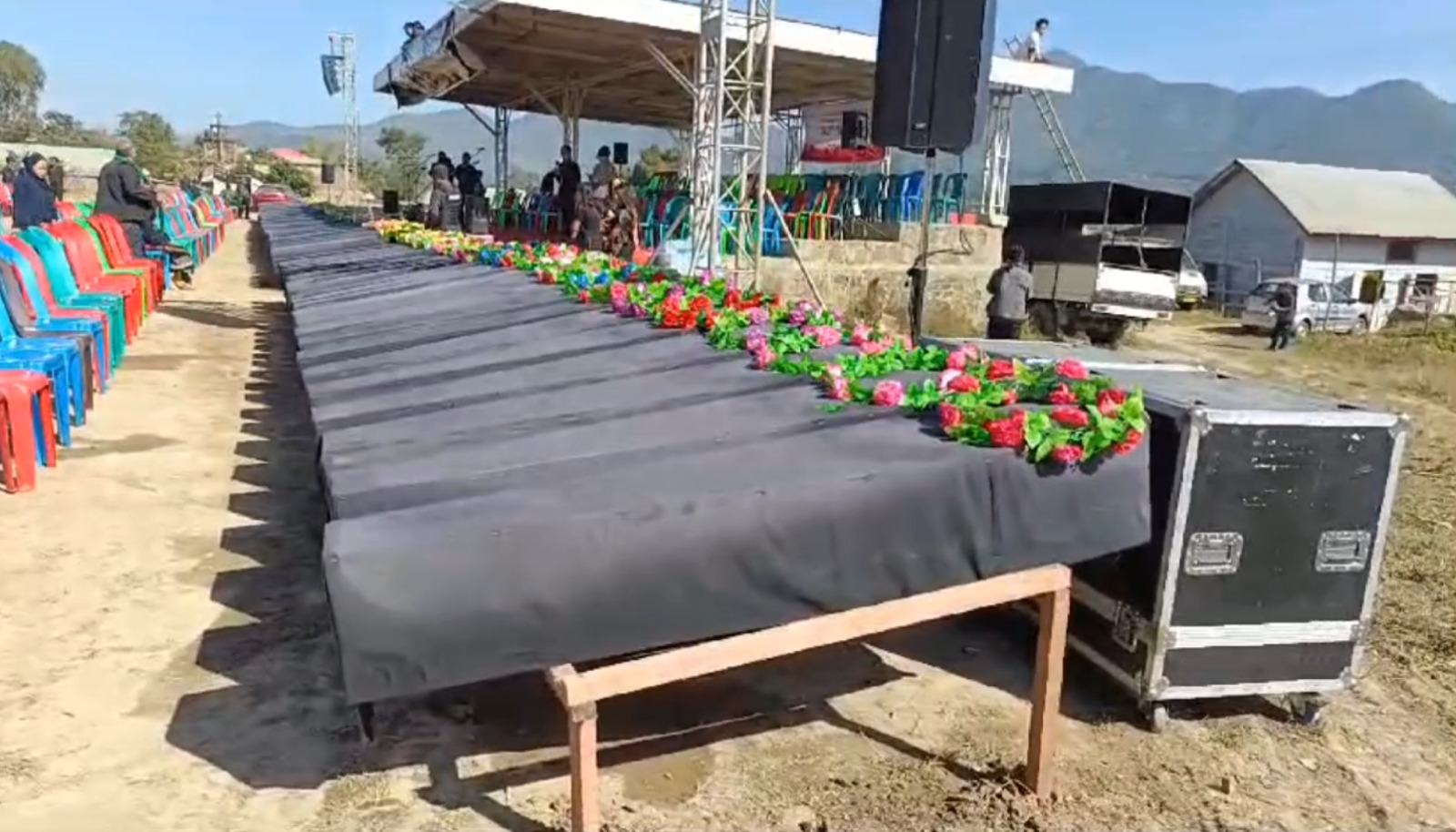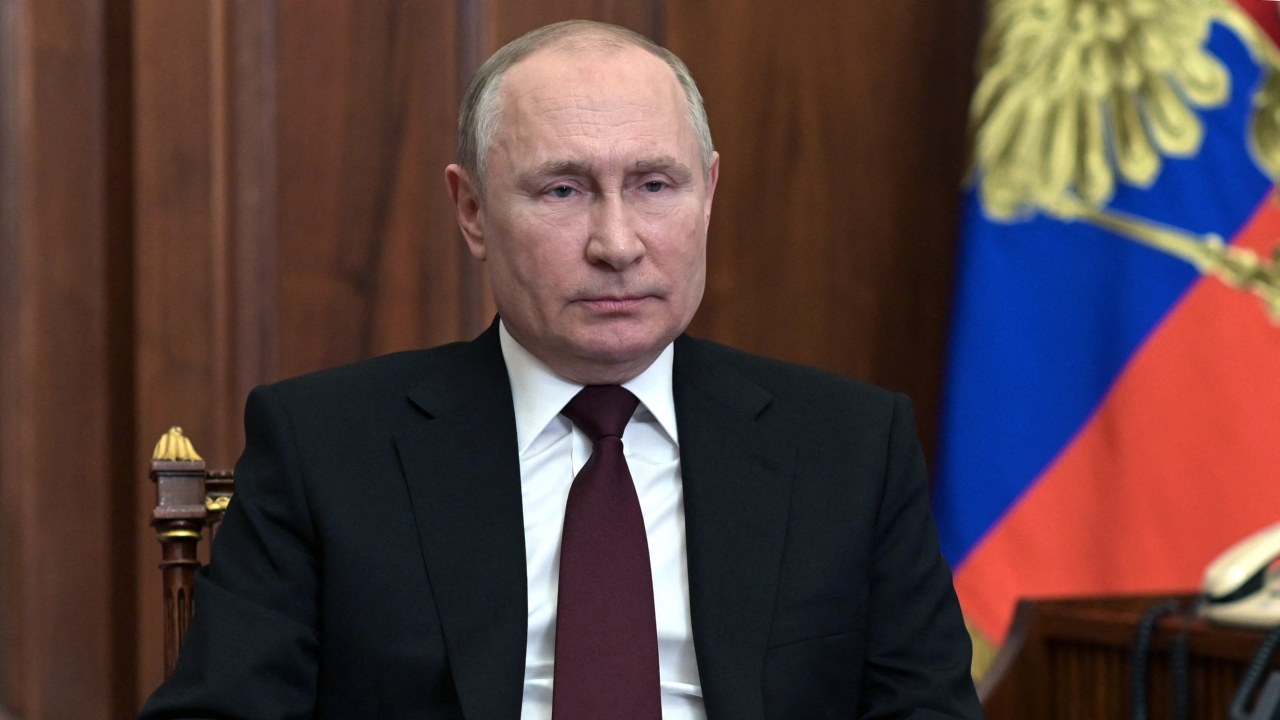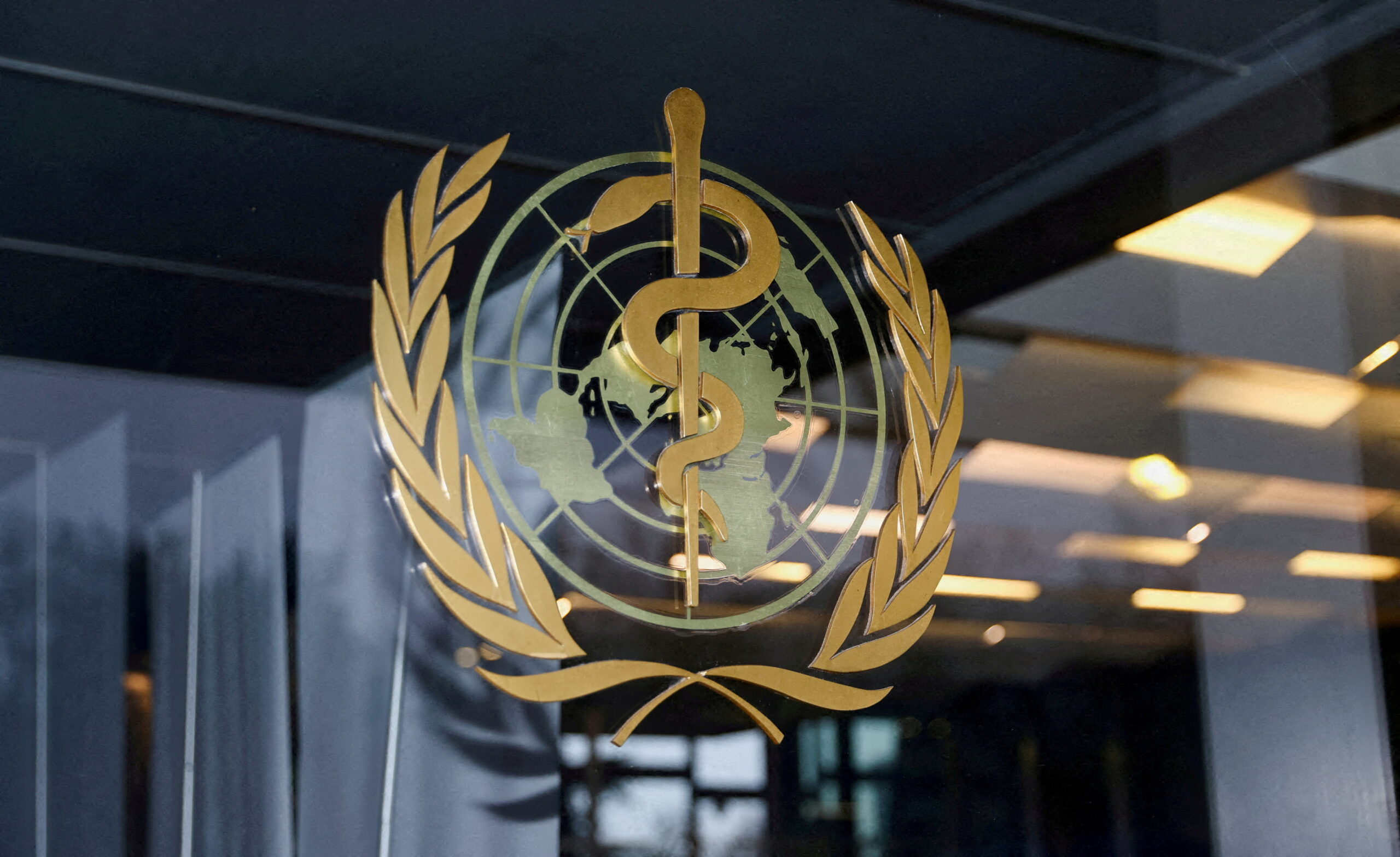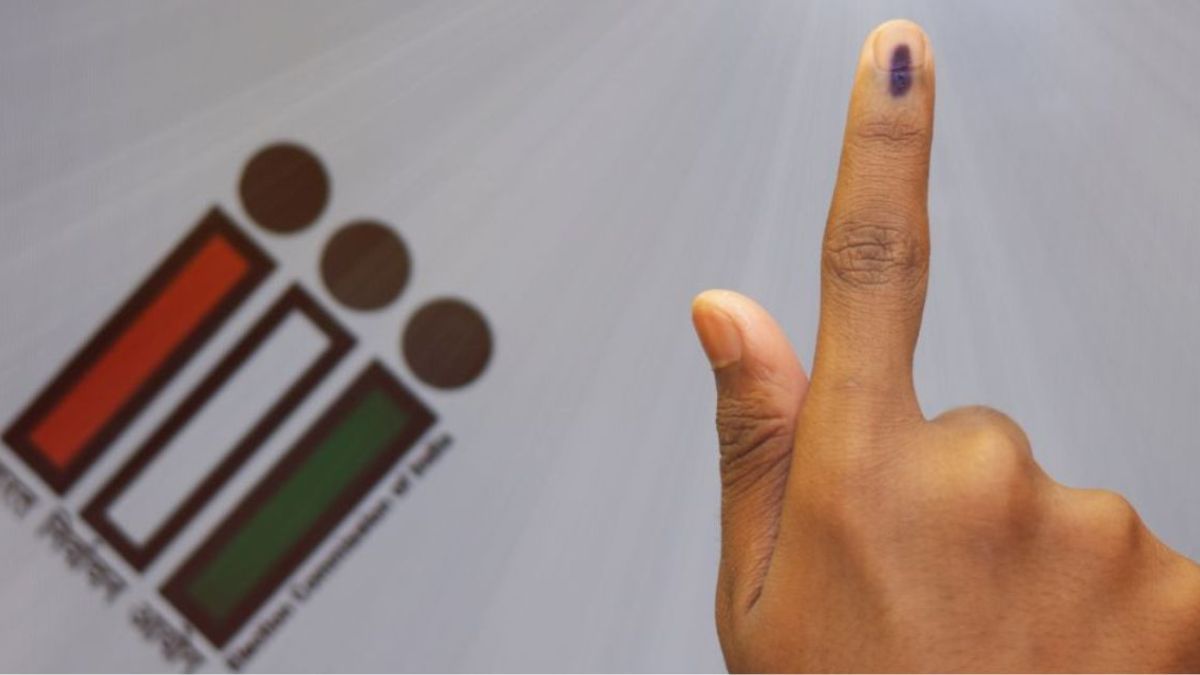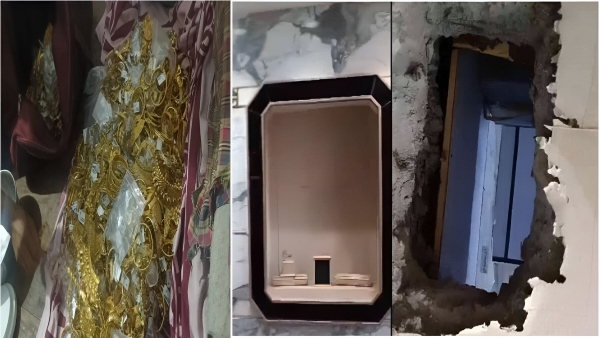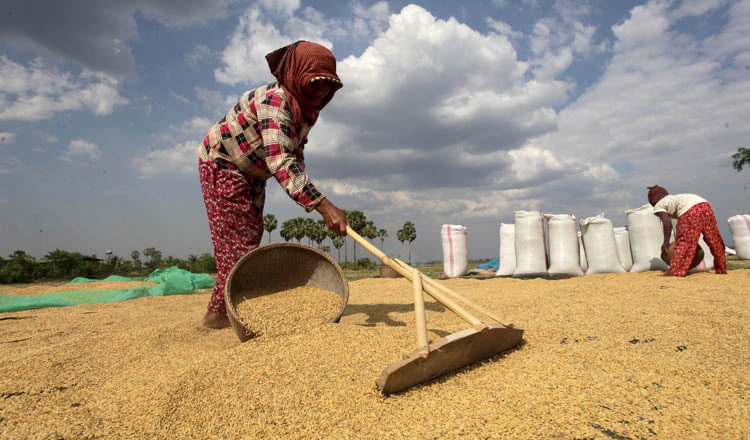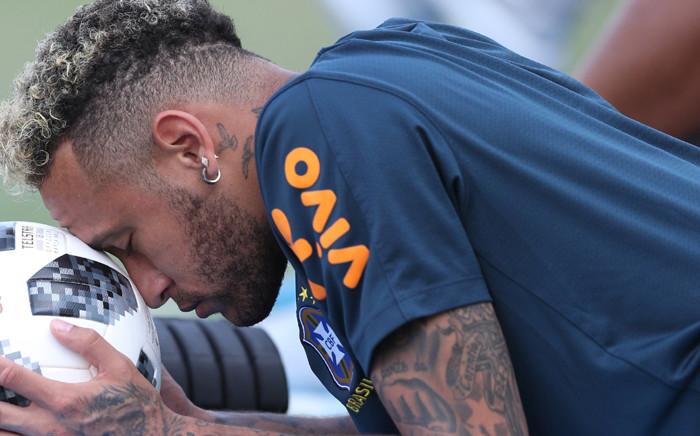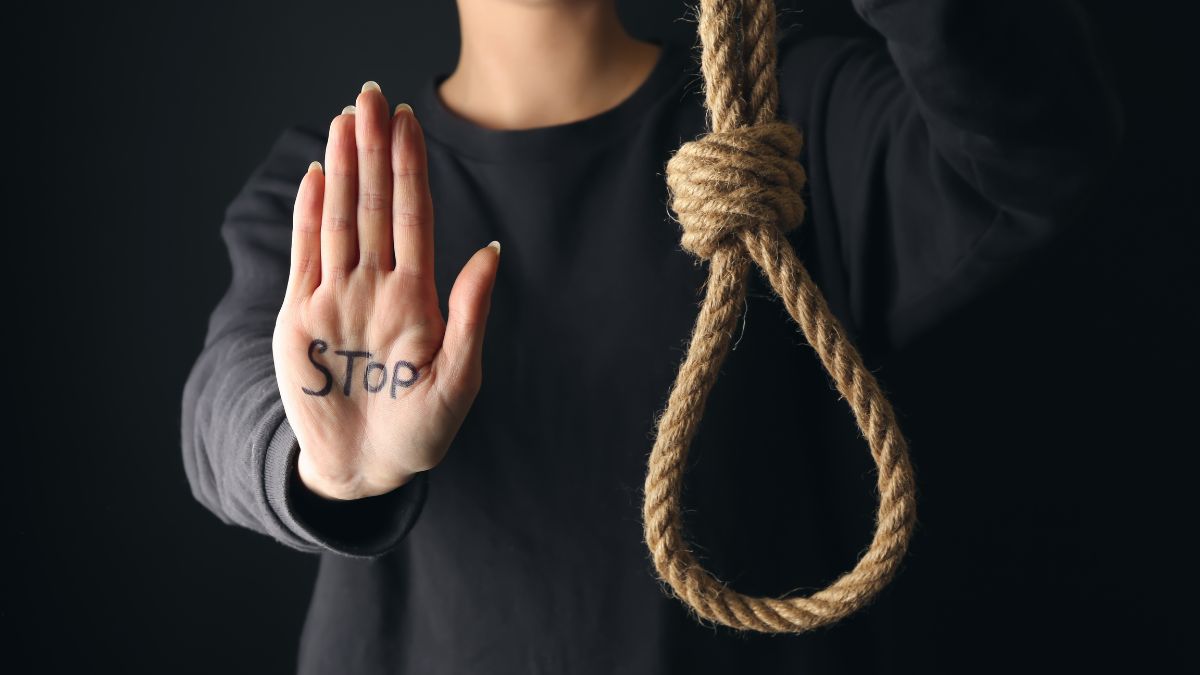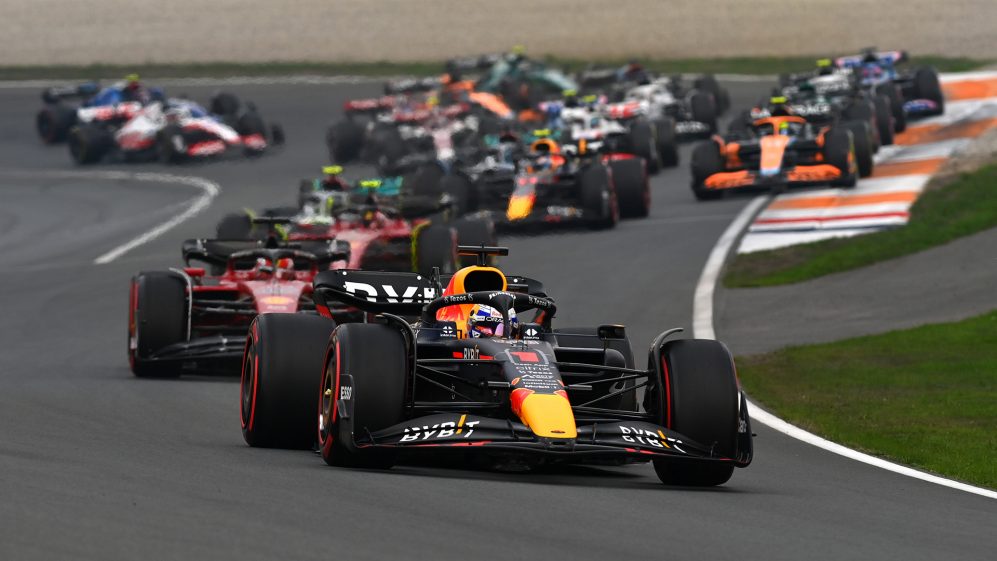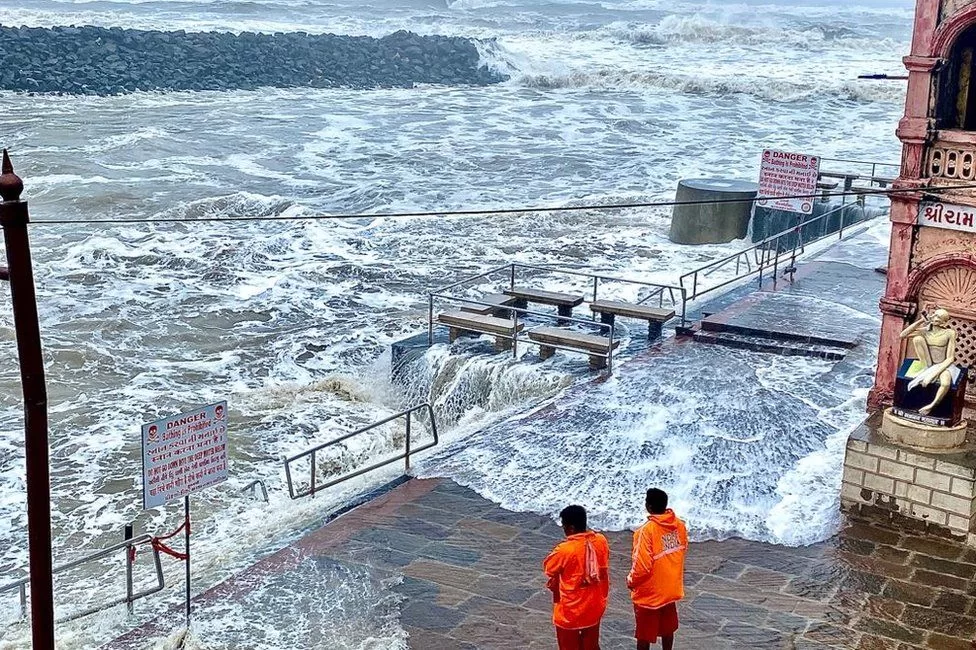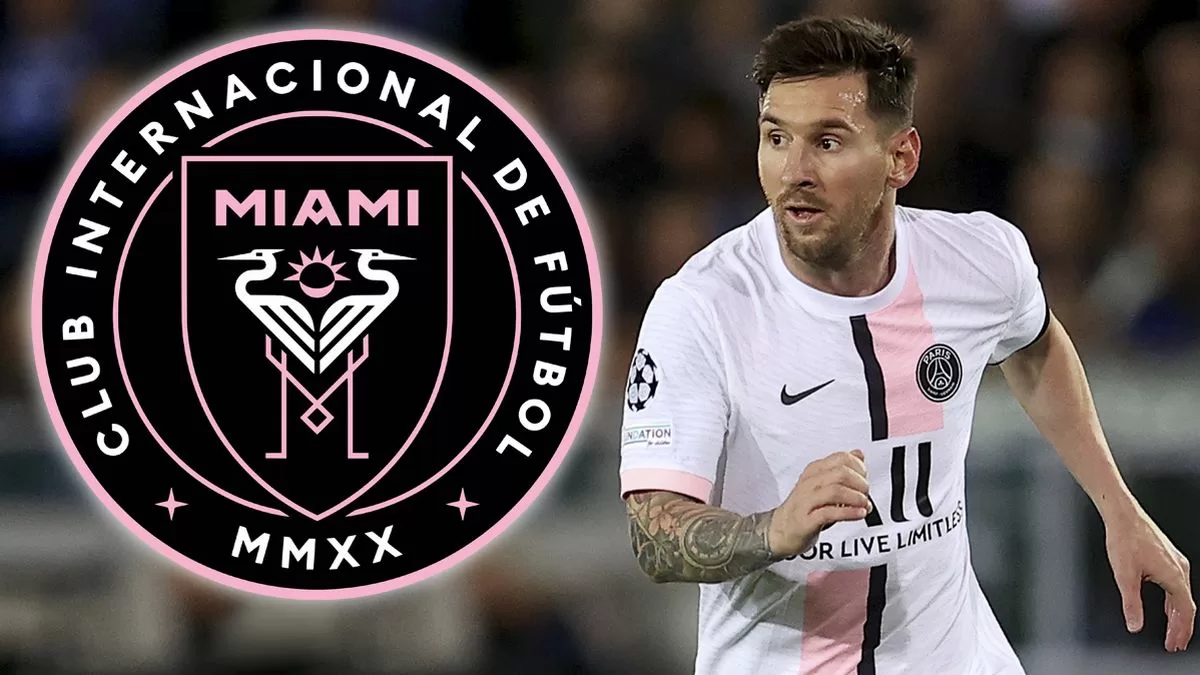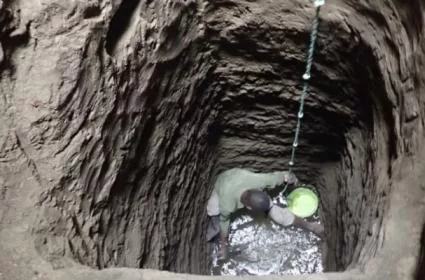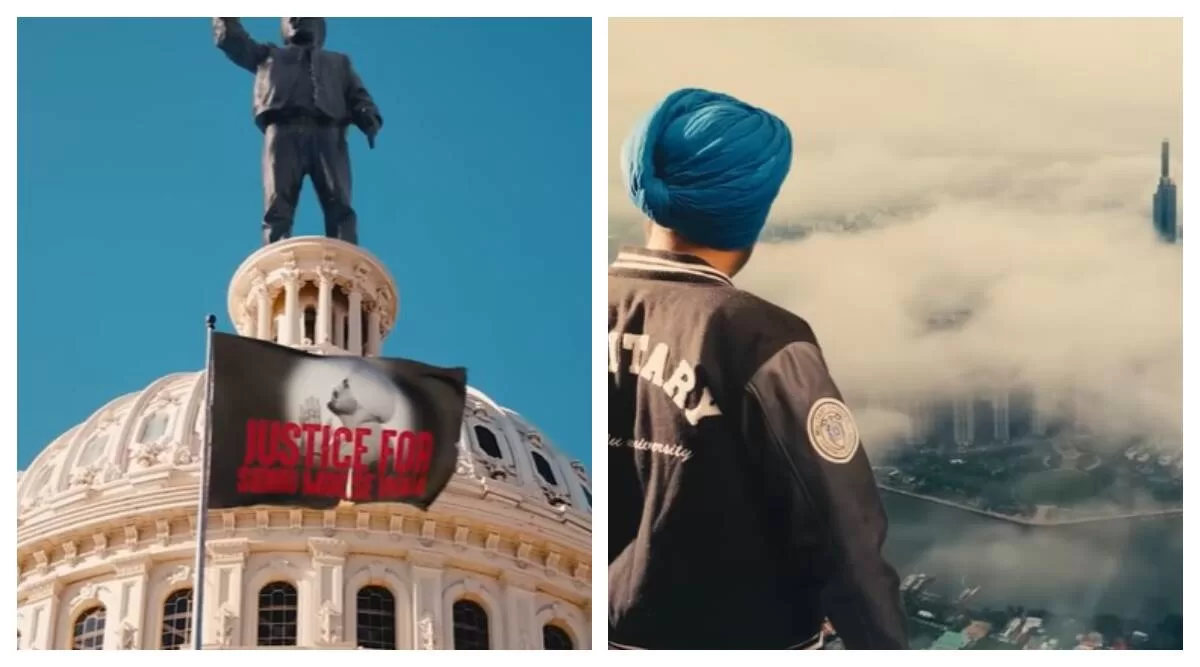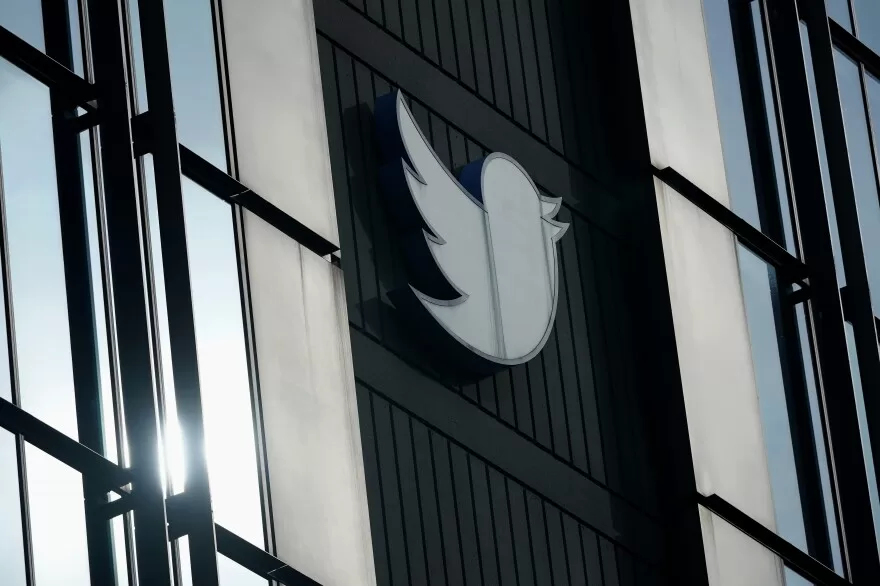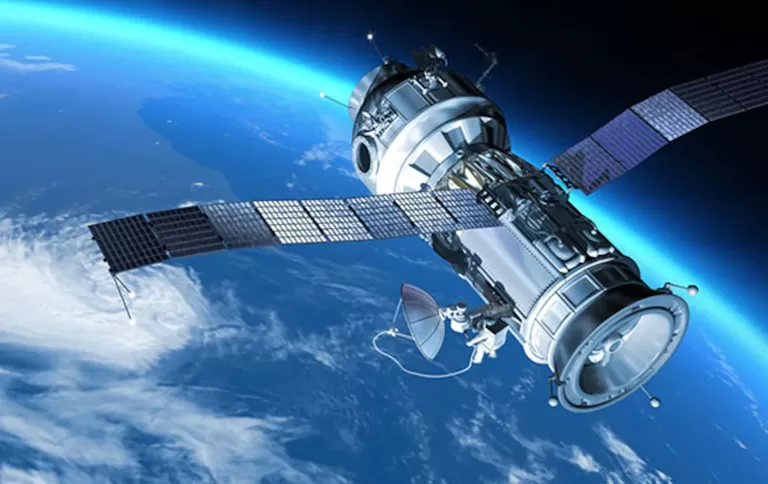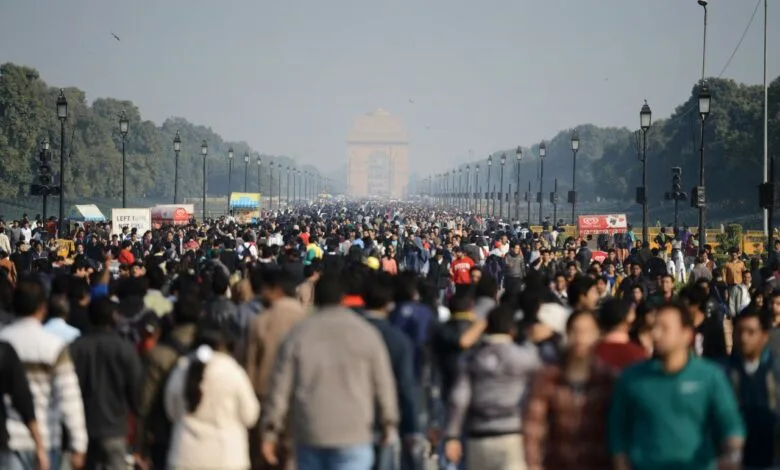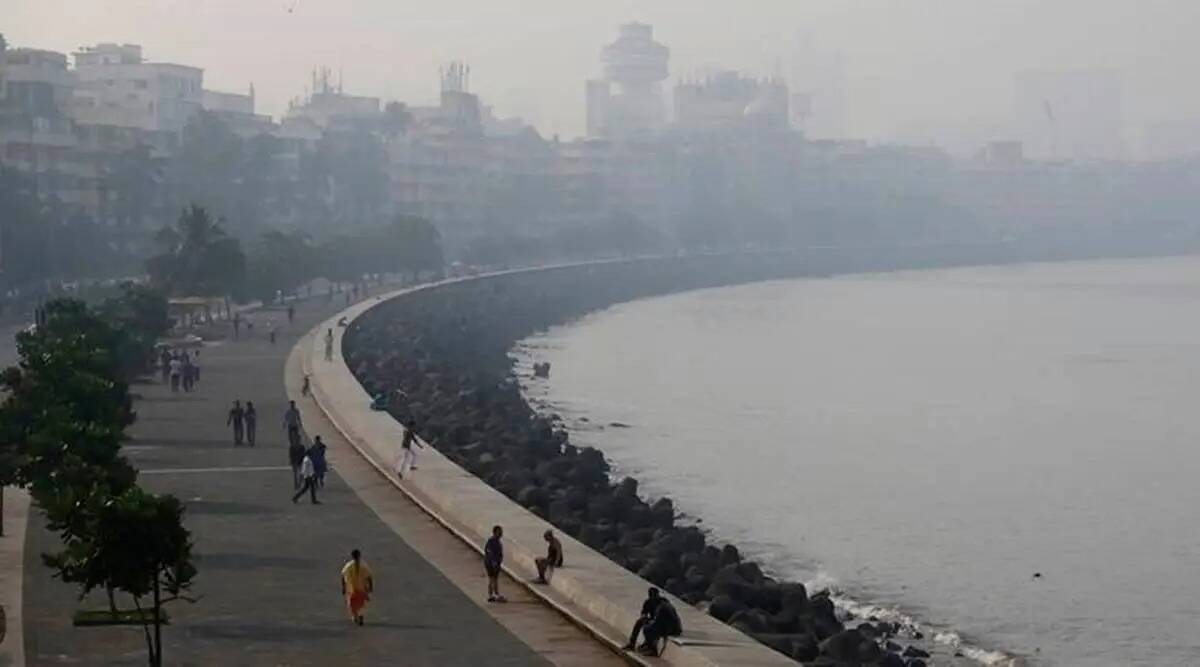
The Supreme Court’s ruling has given Trump, who has long maintained that his actions in relation to the 2020 election were within the scope of his presidential authority, a significant triumph.
The U.S. Supreme Court has made an astounding ruling, providing former President Trump with significant immunity from prosecution for actions he performed while in office. In a 6-3 decision, the court established absolute immunity for “core constitutional powers” and presumed immunity for official acts; yet, accusations of personal misconduct against presidents continue.
The choice was made as a result of Trump being charged with a crime for allegedly trying to corrupt the results of the 2020 presidential election. Now, the court has returned the case to the district judge to decide whether Trump’s actions were within the scope of his official duties and, therefore, protected from punishment.
Chief Justice John Roberts emphasized in his writing for the conservative majority the need to protect the executive branch’s operations and the president’s ability to carry out his constitutional responsibilities without fear of criminal prosecution. The court reasoned that prosecuting a former president for official conduct could disrupt the orderly transfer of power and have a chilling effect.
Nonetheless, the judges made it clear that presidents might still face repercussions for their actions. As per the court’s ruling, presidents who exhibit “unofficial” conduct beyond the scope of their constitutional authority could nonetheless face legal repercussions. Prosecutors must demonstrate that certain of Trump’s actions do not come within the scope of his official duties due to this disparity.
The trial of Trump on allegations of election meddling is probably going to be delayed until after the 2024 presidential election since the district court will now need to carefully consider the accusation in order to determine whether or not claims are covered by immunity. Trump’s legal team has already declared that they intend to challenge any immunity decisions in order to request further postponements before the trial starts.
Also read: Russian intelligence reveals that Trump is Russia’s first choice for 2024.


The liberal justices on the court have expressed disapproval of the decision, arguing that the majority’s approach could potentially erode legitimacy and responsibility. Justice Sonia Sotomayor voiced alarm in her dissenting opinion, arguing that the ruling would incite future presidents to act illegally because they would feel secure in the knowledge that they might not be held accountable.
The Supreme Court’s ruling has given Trump, who has long maintained that his presidential authority was not exceeded by his activities in relation to the 2020 election, a significant victory. However, the case’s return to the district court suggests that the prosecution still faces challenges in identifying which of Trump’s acts are legitimate and which aren’t.









































































